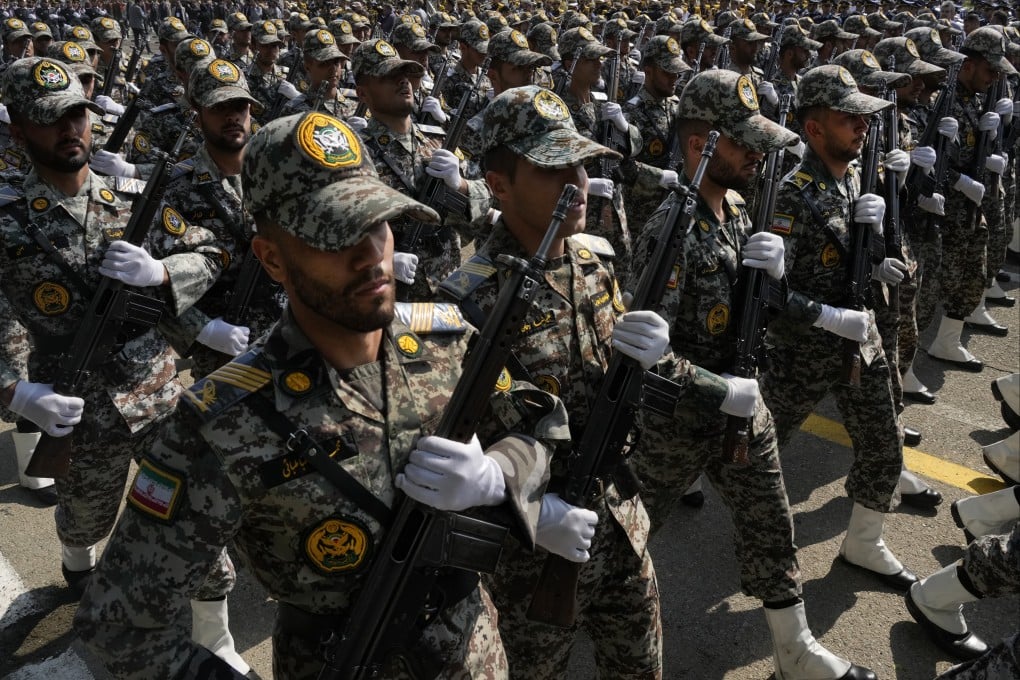Macroscope | With Mideast on brink, investors ignore geopolitical risks at their peril
- If investors are indeed concerned about geopolitics, their fears are not reflected in the market as equity investments remain at all-time highs
- An escalation between Iran and Israel would disadvantage emerging market currencies, fan inflation and widen the gap between asset prices and the real economy

Investors are often accused of being complacent about vulnerabilities in the global economy, particularly geopolitical risks which have not been this acute in decades. Yet this is only partly true. A cursory glance at surveys of market sentiment suggests investors are increasingly concerned about the dramatic escalation in geopolitical tensions in recent years.
Markets are notoriously poor at assessing and pricing geopolitical risks, especially low-probability, high-impact events such as wars. Discounting these type of threats is often the right thing to do. Unlike financial risks, all-out military conflicts are binary: either the status quo endures or things take a dramatic turn for the worse, in which case every asset is at risk.
Yet taking the view that the most severe geopolitical risks are the ones that should be ignored or downplayed is misguided. At a time when the global economy is weak and vulnerable, stock markets – especially in the US – are priced for perfection and the world’s most influential central bank is signalling that it will keep borrowing costs higher for longer, geopolitical risks matter more than ever.
